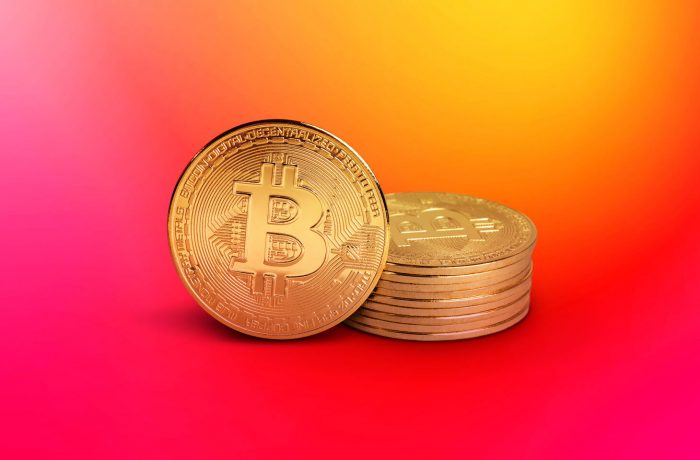
Double trouble: crypto-stealing DoubleFinger
We explain how the advanced malware DoubleFinger downloads GreetingGhoul, a stealer that preys on cryptocurrency wallets.
153 articles

We explain how the advanced malware DoubleFinger downloads GreetingGhoul, a stealer that preys on cryptocurrency wallets.

How scammers can hack your YouTube channel without knowing a password and second factor.

Full review of a fake cryptowallet incident. It looks and feels like a Trezor wallet, but puts all your crypto-investments into the hands of criminals.

Why you should purge your company’s LinkedIn page from fake employee profiles, and how to do it.

Hardware crypto wallets are effective at protecting your cryptocurrency, but they can still be stolen from. Let’s address the risks their owners need to be protected from.

Scammers are pretending to offer users tens of thousands of dollars, supposedly accumulated in an account on an “automated cloud-mining platform”.

How scammers force website owners to add potentially dangerous links by threatening harsh consequences for copyright infringement.

We investigate why chip cards are no panacea, and what precautions should be taken when making a payment.

Why scammers are more likely to target kids than hardcore gamers, how they do it, and what they want to steal

Cybercriminals are distributing a Trojan stealer under the guise of a ChatGPT desktop client for Windows. We delve into the details and ways to protect yourself.

Illegal businesses in the shadow economy need employees no less than their legal counterparts. Let’s take a look at how “dark HR” works.

How to know if you’re facing a scam: we identify all the red flags in a recent scam that deployed a fake cryptocurrency exchange

Here are some simple tips to protect your funds from fraudsters, phishers and carders when shopping online.

Scammers are sending e-mails under the guise of government agencies to coax personal data and money out of users.


How scammers swindle users out of cryptocurrency through a fake Nvidia giveaway supposedly worth 50,000 BTC.

How scammers lure YouTube users to a fake website where a purported bug lets them exchange Bitcoin at an excellent rate.

How cybercriminals extract bank card details pretending to be DHL.

Here’s how phishers extract phone numbers and credentials from users of Wise.

We explain how scammers steal cryptowallets through phishing.

What is a seed phrase, how scammers use it to steal cryptowallets, and how to protect your MetaMask account.